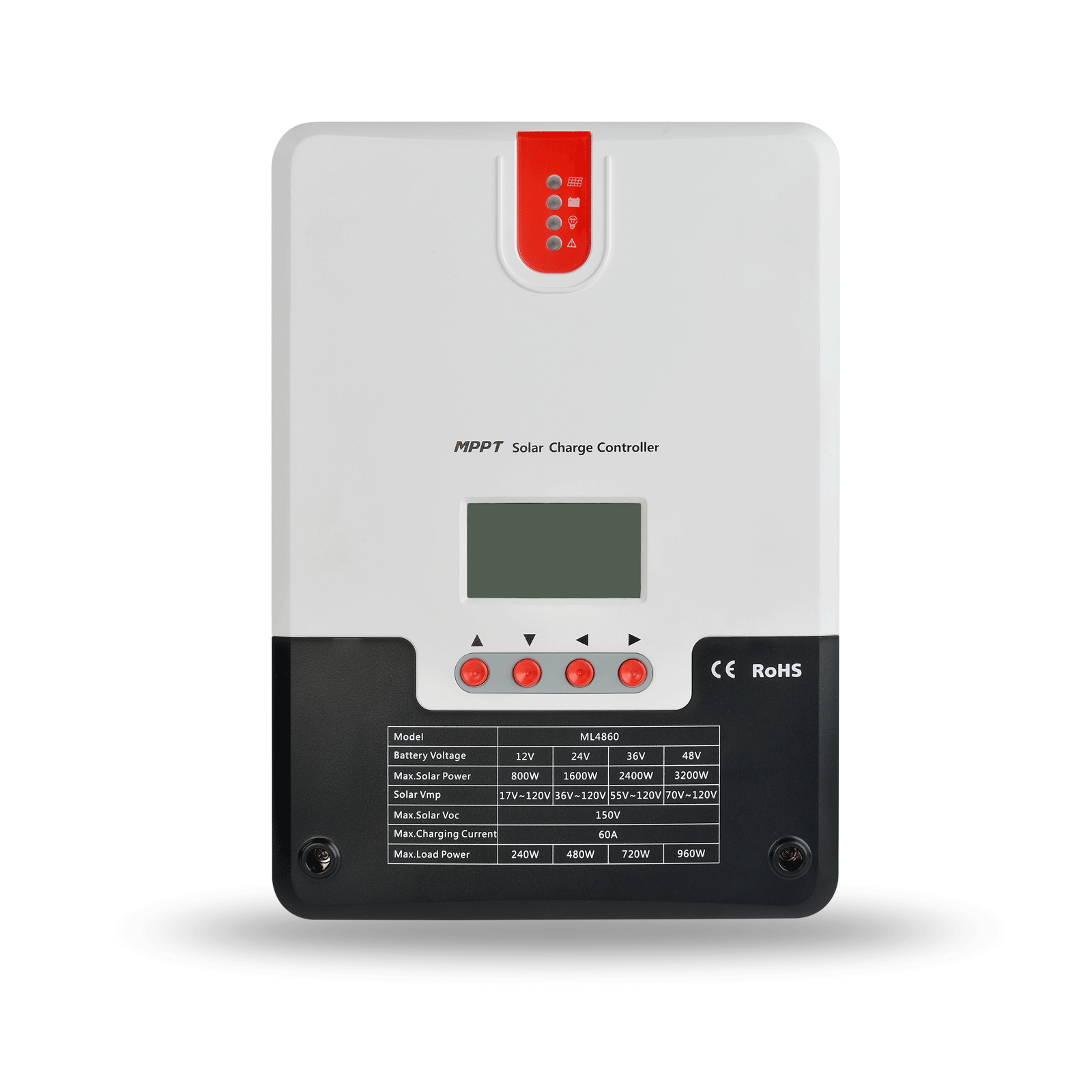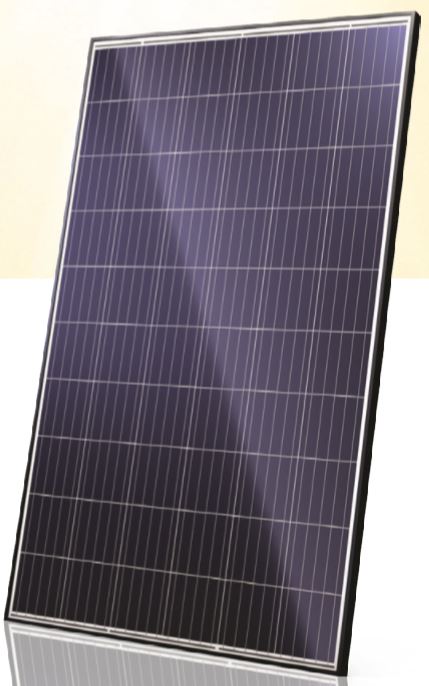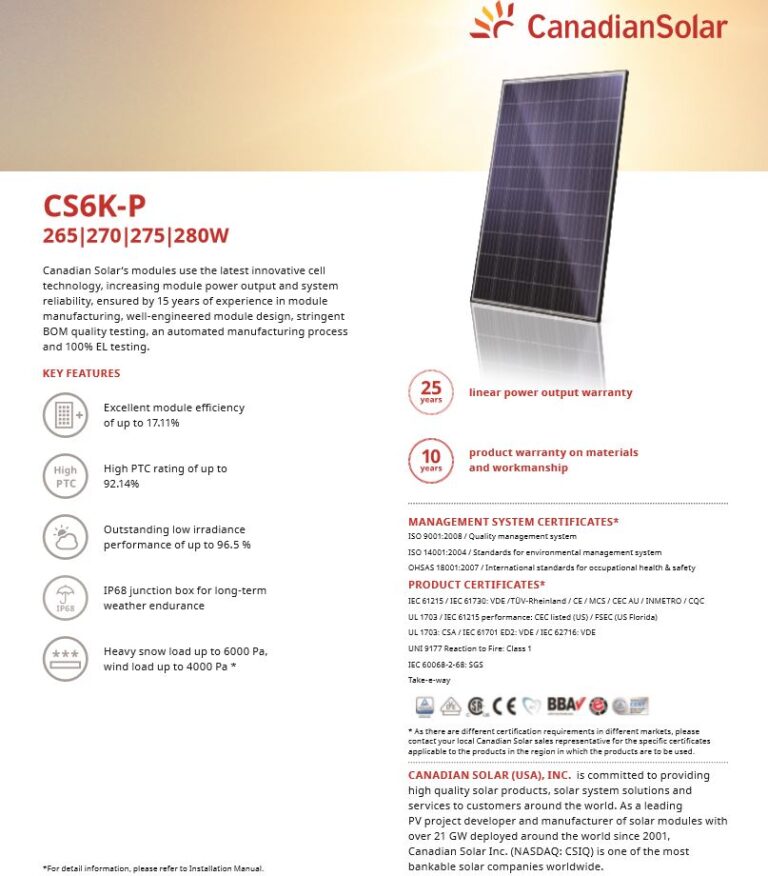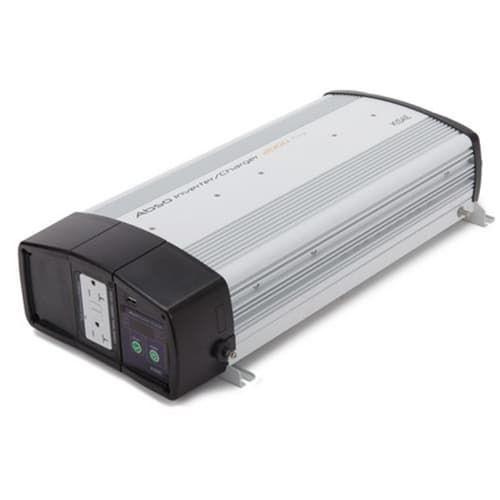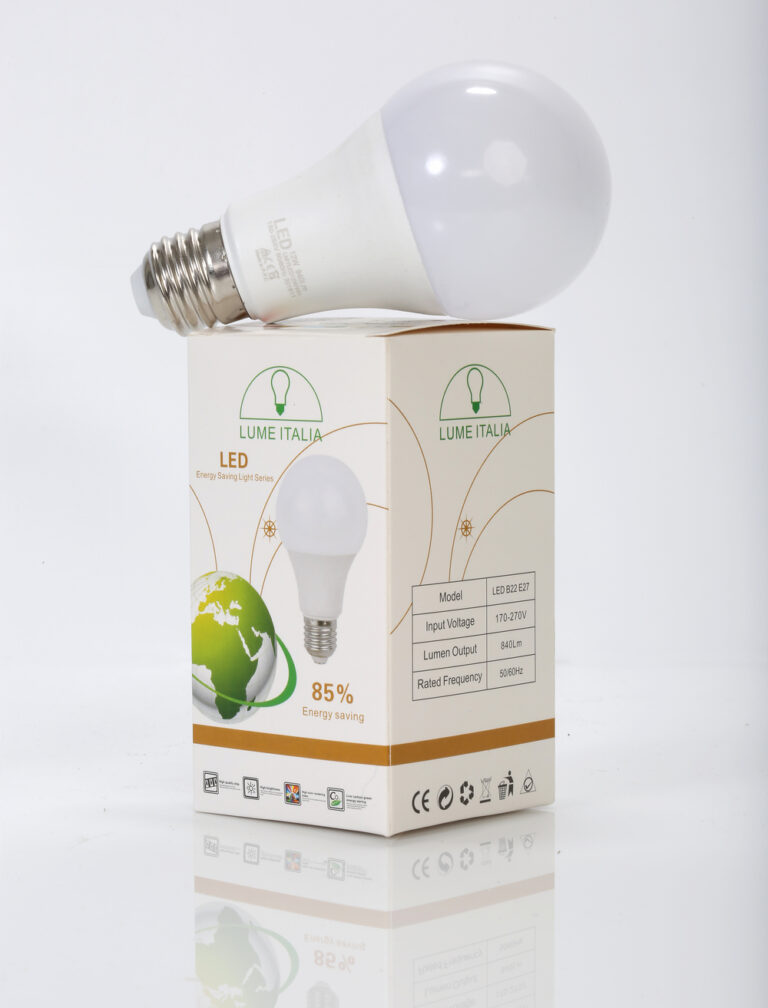1. The advanced dual-peak or multi-peak tracking technology: When the solar panel is shadowed or part of the it breaks down, there will be multiple peaks of the I-V curve. The controller is still able to accurately track the maximum power point.
2. The maximum power point tracking algorithm can significantly improve the energy utilization efficiency of photovoltaic systems. The charging efficiency is 15% to 20% higher than the conventional PWM method.
3. A combination of multiple tracking algorithms enables accurate tracking of the optimum working point of the I-V curve in extremely short time.
4. MPPT tracking efficiency is up to 99.9%.
5. Advanced digital power technology raises the circuit energy conversion efficiency to 98%.
6. Support charging gel batteries, sealed batteries, abroach batteries and customized batteries, etc.
7. The controller features a limited current charging mode. When the solar panel power exceeds a certain level and charging current is larger than the rated current, the controller will automatically lower the charging power and bring the charging current to the rated level.
8. Instantaneous large current startup of capacitive load is supported.
9. Automatic identification of storage battery voltage.
10. LED fault indicators and an LCD screen which can convey system error information help users to quickly identify system faults.
11. Historical data storage is available.The data can be stored for up to one year.
12. The controller is equipped with an LCD screen with which users can not only check operating data and status, but also modify the controller parameters.
13. The controller is available for standard Modbus protocol and meets different communication needs.
14. All communications are electrically isolated, so users will feel relieved to use.
15. The controller has an overheat protection mechanism. When the temperature exceeds the set value, the charging current will decline in linear proportion and discharging will be shut off so as to curb the temperature rise of the controller and keep the controller from being damaged by overheat.
16. With the help of an external battery voltage sampling function, battery voltage sampling is exempted from the effect of line loss, making control more precise.
17. Featuring a temperature compensation function, the controller can automatically adjust charging and discharging parameters in order to extend the lifespan of battery.
18. The controller also features a battery overheat protection function. When the external battery temperature exceeds the set value, charging and discharging will be shut off so as to protect components from being damaged by overheat.
19. TVS lightening protection.
| Parameter | Value |
| Model | ML4860 |
| System voltage | 12V/24V/36V/48V Auto |
| No-load loss | 0.7 W to 1.2W |
| Battery voltage | 9V to 70V |
| Max. solar input voltage | 150V (25°C), 145V (-25°C) |
| Max. power point voltage range | Battery voltage +2V to 120V |
| Rated charging current | 60A |
| Rated load current | 20A |
| Max. capacitive load capacity | 10000uF |
| Max. photovoltaic system input power | 800W/12V; 1600W/24V; 2400W/36V; 3200W/48V |
| Conversion efficiency | ≤ 98% |
| MPPT tracking efficiency | > 99% |
| Temperature compensation factor | -3mv/°C/2V (default) |
| Operating temperature | -35°C to +45°C |
| Waterproof level | IP32 |
| Weight | 3.6kg |
| Communication method | RS232 RS485 |
| Altitude | ≤ 3000m |
| Product dimensions | 285*205*93mm |
